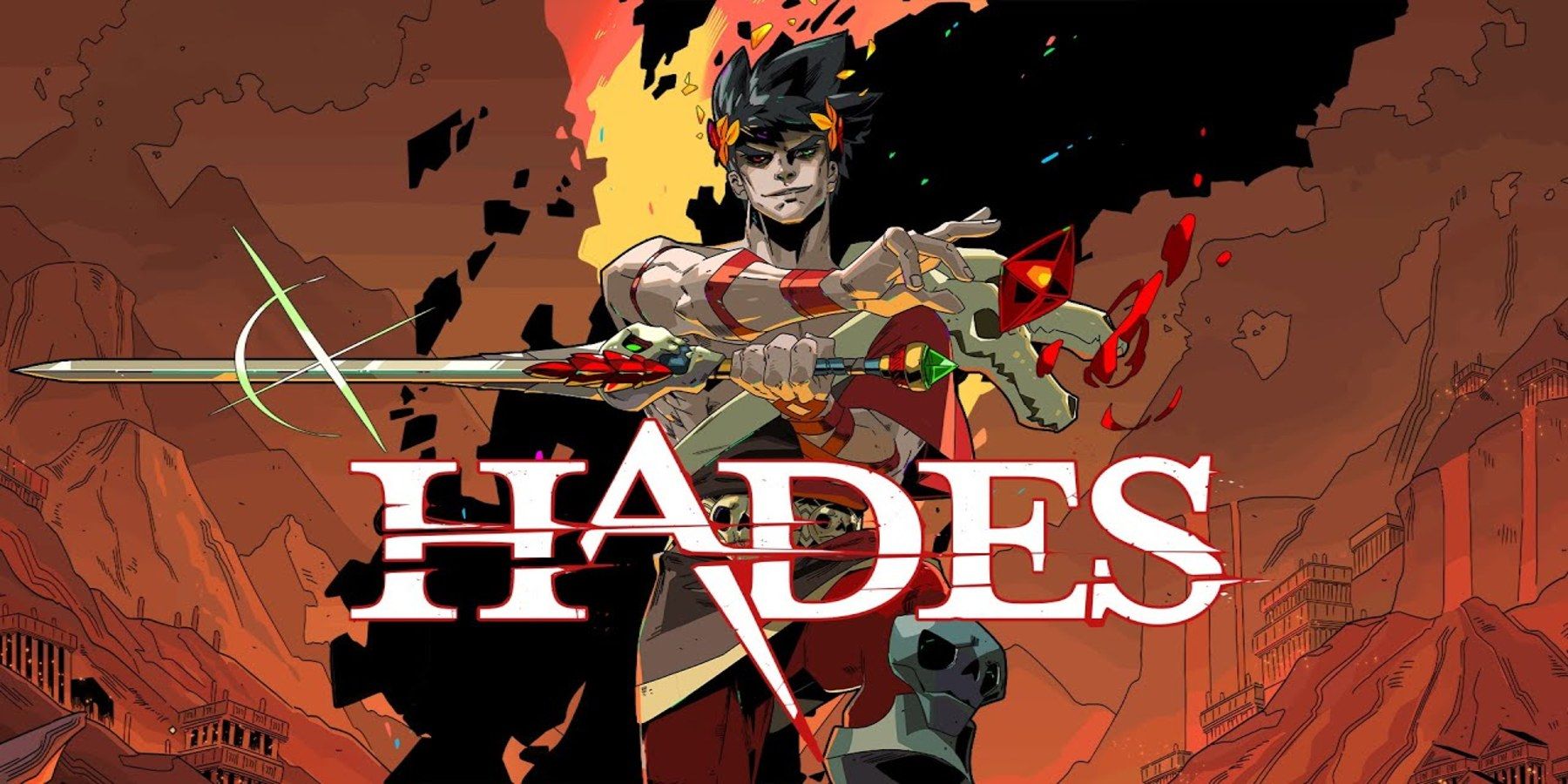Rogue was first released in 1980 as a freely-distributed executable for use with Unix-based mainframe systems. However, despite such inauspicious beginnings, the venerable game is still influencing AAA releases like Returnal over forty years later.
Indie developers have also been drawn to Rogue’s punishing yet rewarding mechanics, with celebrated titles like Spelunky and The Binding of Isaac owing a similar debt to the archaic dungeon crawler. The success of these releases proves that despite the age of the roguelike formula, it continues to prove endlessly popular with many gamers.
What Makes a Roguelike (or a ‘Roguelite’)?
The strict definition of a roguelike is a game that features several key elements of the original Rogue experience, including turn-based events and combat. This component is missing from many games that are often described as roguelikes, including all of those listed above. This is the reason for the creation of the subtly different label, ‘roguelite’, which usually means that a title includes the other core tenets of the roguelike template, but with gameplay that takes place in real time. For the purposes of this article, all roguelikes and roguelites will be grouped under the ‘roguelike’ banner.
Notwithstanding this distinction, it is clear that these games have much in common. One element is a permadeath mechanic, making the demise of a player’s character extremely meaningful. This also solves the problem many other titles experience with regular save states that enable gamers to carry on from close to where they left off with minimal inconvenience, essentially granting them a form of invincibility. Some games, like survival horror Alien: Isolation, have experimented with old-school ‘save points’ to try to make failure more impactful, but this often infuriates players by making them replay large chunks of a linear game they’ve already experienced.
In stark contrast, roguelikes incorporate this reiteration into their very essence, utilizing procedurally-generated maps that strike a balance between familiarity – enabling players to gradually learn how to survive and progress further – and new and unexpected challenges. The best roguelikes, like the recent hit Spelunky 2, have so many variables and recurring components that every run is guaranteed to throw up a surprising combination of gameplay elements, creating unique obstacles to overcome (or be mercilessly slaughtered by). Spelunky 2 is also crammed with secrets to further encourage repeated play.
The challenging difficulty of these titles is also a key principle of the roguelike paradigm. Not only is death permanent and harshly punished, but it will happen often. Indeed, it is utilized as a teaching opportunity: every failure in punishingly hard titles like Enter The Gungeon imparts more information to the player about its world, its hostile inhabitants, the behavior of its boss characters, or – in this case – the game’s huge arsenal of preposterous firearms. This helps to mitigate player frustration and foster the addictive, ‘just one more go’ mindset to which fans of roguelike games have become accustomed.
How Developers Are Keeping the Roguelike Formula Fresh
It isn’t just these cornerstones of the original Rogue that make its descendants so popular. Recent releases have seen developers probe the constraints of the formula to create ever more ingenious and subversive takes on the roguelike genre.
Hades, Supergiant Games’ Greek-mythology-themed dungeon crawler, has been praised for its storytelling, with the many repeated playthroughs required to finish the game leading players to interact repeatedly with the title’s cast of characters and for multiple branching plotlines to arise from its hub location. As an example, it is possible to successfully romance one of the boss characters in Hades, leading to a very different story outcome than players might have expected.
In The Binding Of Isaac, story exposition is also delivered gradually across multiple playthroughs. In this gruesome dungeon crawler, the true nature of main character Isaac’s fate is indicated via the names and designs of the additional levels that are unlocked, as well as by Polaroids displayed during the end credits that hint at his troubled family life. This reward system, coupled with the promise of rare rooms and power-up combinations, has motivated players to keep revisiting the game over a decade after its original release, resulting in sprawling expansions like The Binding Of Isaac: Repentance.
Recent AAA releases like Returnal and Deathloop have even worked the permadeath mechanics into their storylines about endless time loops. In these titles, the game’s characters are fully aware that they will be reincarnated after death, leading them to question the nature of their reality and suffer psychological consequences as a result. This ludonarrative consonance greatly increases the games’ immersion, and has helped to earn them strong sales and critical acclaim.
However, not all gamers are fans of the roguelike genre. Some have criticized the way these games teach players their mechanics solely by punishing them, not always including tutorials or clear explanations of all of their features or interfaces, which forces players to consult online guides or forums. Some roguelikes also feature deeply-buried secrets which are almost impossible to unearth without referring to such resources. While some players are happy to engage with the wider fan community, others would prefer to be able to complete a game without reference to external literature or spoilers.
Other gamers have criticized a number of roguelike titles for simply being too hard. The combination of difficult gameplay and permadeath mechanics can cause immense frustration and rage-quitting, and in some cases the addictive nature of these titles can lead to players ceasing to enjoy the experience of repeated failure. Whilst these Rogue-inspired games are not for everyone, the success of the roguelike/roguelite genre in recent decades suggests that not only will developers continue to create them, but fans will continue to dive headlong into their brutal challenges. Death might be permanent, and failure might be painful, but there will always be the promise of one more run.



